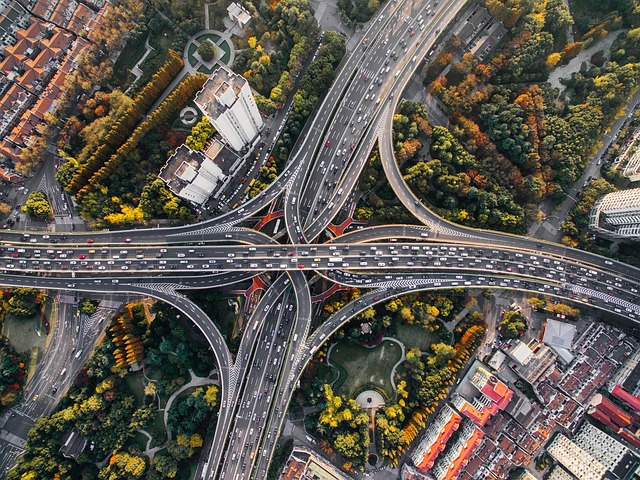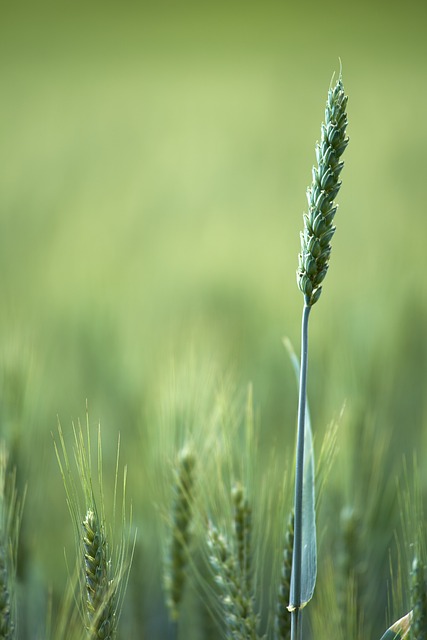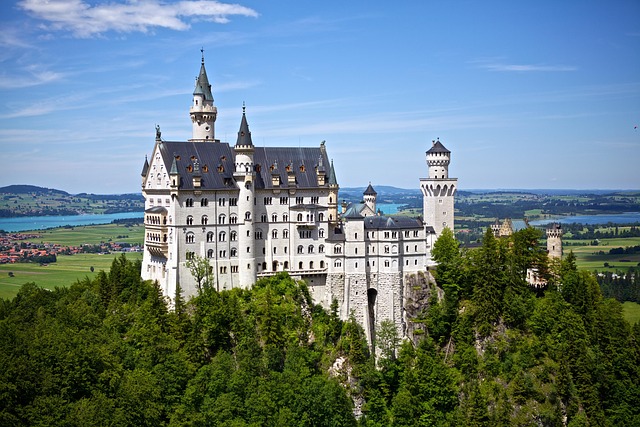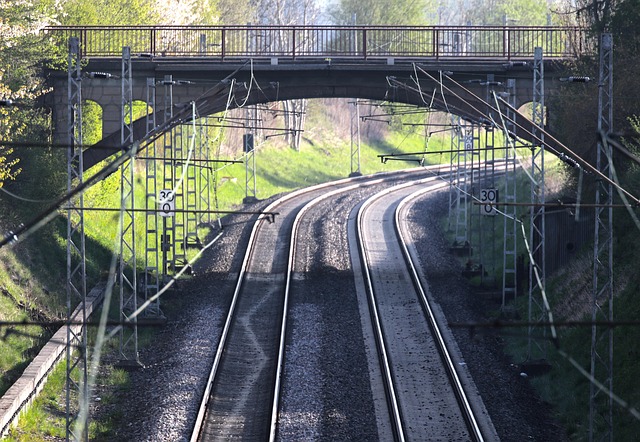Junction City's agricultural heritage, dating back to its early settlers, was transformed in the 19th century by the Junction City railroad expansion. This event connected local farmers to broader markets, accelerating the city's development and cementing its reputation as a thriving farming hub. The railroad facilitated the transport of agricultural goods, encouraging the adoption of modern techniques and diversifying crops from corn and wheat to high-demand items like soybeans and livestock. Today, Junction City farmers blend traditional methods with innovation, sustainability, and precision agriculture, preserving their rich heritage while adapting to evolving industry demands, still influenced by the historic railroad expansion.
“Junction City, with its rich agricultural history, has evolved from humble beginnings to a thriving farming community. This article delves into the roots of our city’s past, exploring how the arrival of railroads sparked a revolution in local agriculture. From early settlers to modern farmers, the journey is marked by adaptation and growth. We’ll uncover the impact of railroad expansion, its role in fostering agricultural development, and how this heritage shapes Junction City’s future, ensuring its place as a vibrant farming hub.”
- The Birth of Junction City and Its Early Agricultural Roots
- Railroad Expansion: A Catalyst for Agricultural Growth
- Evolving Agricultural Practices and the Future of Junction City's Farming Heritage
The Birth of Junction City and Its Early Agricultural Roots

Junction City’s origins are deeply rooted in its agricultural heritage, which was established even before its official incorporation. The area’s rich soil and favorable climate attracted early settlers who recognized the potential for thriving farming communities. This agricultural foundation played a pivotal role in shaping the city’s development, especially with the arrival of the railroad expansion in the late 19th century. The Junction City railroad expansion brought significant changes, connecting the region to broader markets and facilitating the transportation of agricultural produce to distant destinations.
This period marked a game-changer for local farmers, enabling them to tap into new opportunities and expand their operations. The city’s early agricultural roots, combined with this pivotal transportation link, laid the groundwork for Junction City’s reputation as a vibrant farming hub, which continues to influence its cultural and economic landscape even today.
Railroad Expansion: A Catalyst for Agricultural Growth

Junction City’s agricultural history has been significantly shaped by its strategic location along the railroad lines, which sparked a period of unprecedented growth. The city’s connection to the expanding railroad network in the 19th century brought about a transformation, connecting farmers and producers to broader markets beyond their local reach. This accessibility opened up new avenues for agricultural products, enabling farmers to transport crops efficiently and sell them at competitive prices across the region.
The Junction City railroad expansion facilitated the rapid movement of goods, fostering an environment conducive to agricultural prosperity. Farmers could now rely on timely transportation, allowing them to diversify their crops and engage in larger-scale farming operations. This development encouraged the adoption of modern farming techniques and technologies, contributing to the city’s reputation as a thriving agricultural hub.
Evolving Agricultural Practices and the Future of Junction City's Farming Heritage

As Junction City evolved, so too did its agricultural practices, reflecting broader trends in American farming. Early settlers relied heavily on small-scale, family farms cultivating crops like corn and wheat. However, with the advent of the Junction City railroad expansion in the late 19th century, agriculture transformed. Rail transportation facilitated the export of surplus produce to distant markets, encouraging larger-scale operations focused on high-demand crops such as soybeans, grains, and livestock.
Today, Junction City’s farming heritage continues to shape its agricultural identity, though modern farmers employ advanced techniques and technologies. Sustainable practices, precision agriculture, and vertical integration exemplify the evolving landscape. While traditional methods remain, there’s a growing emphasis on innovation and diversification to ensure the longevity of Junction City’s rich agricultural history in an ever-changing industry.






